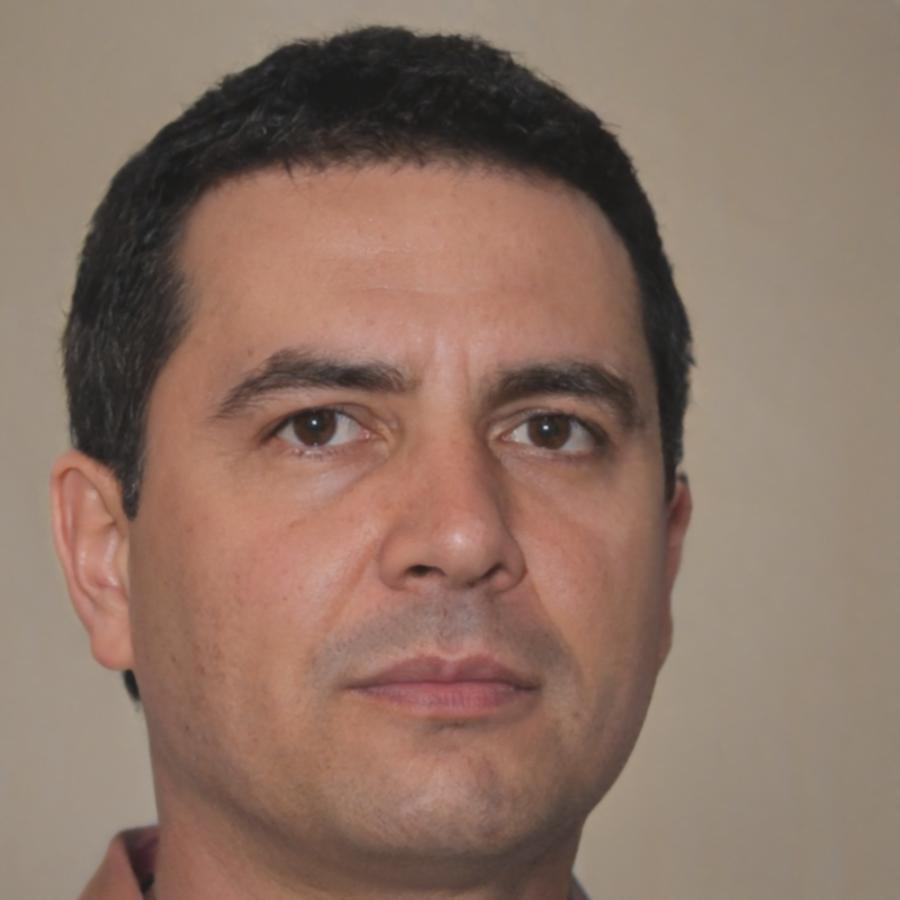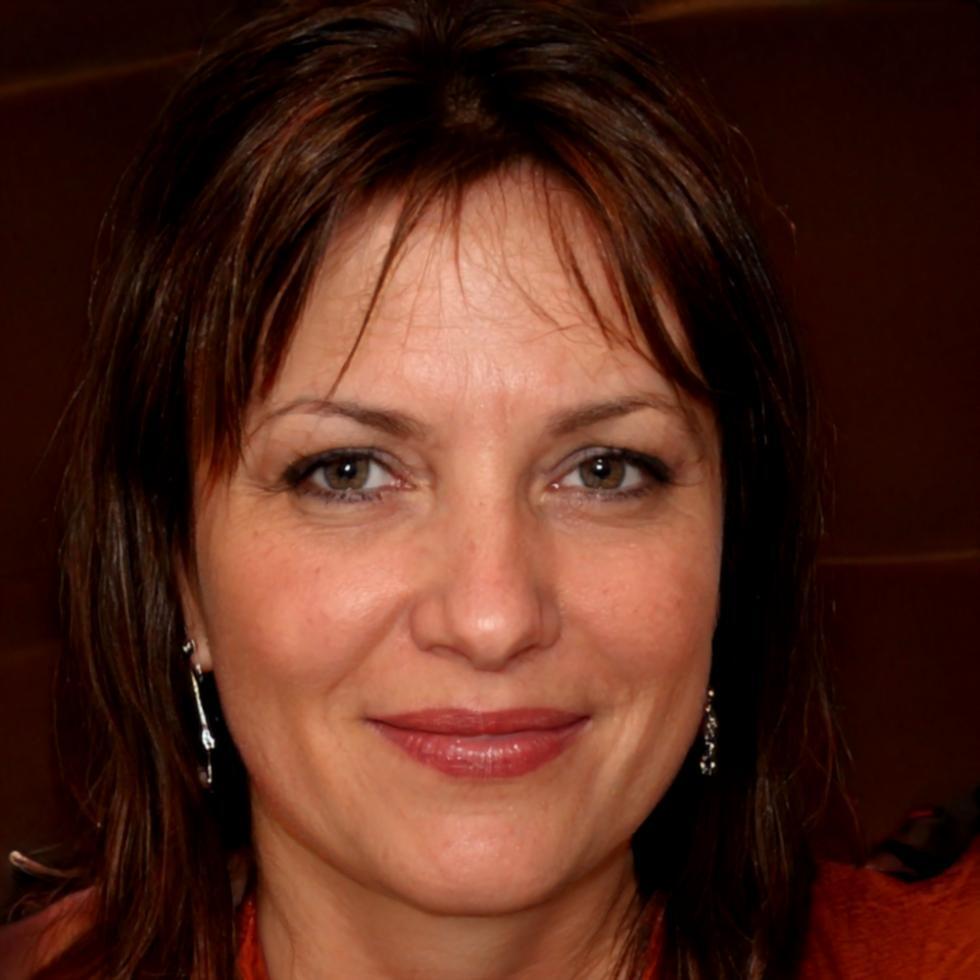What You'll Actually Learn
No fluff. Just practical skills you
can use right away. Each phase builds on the last, so you're never
stuck wondering how things connect.
Weeks 1-4
You'll set up your first tracking
system and learn why some expenses sneak past even careful people.
We cover categories that make sense for Australian households and
small businesses.
Weeks 5-10
Here's where it clicks. You start
seeing trends in your spending and understand what's normal versus
what needs attention. This phase tends to surprise most people.
Weeks 11-18
Building budgets that actually work
for your life. Not some template from the internet. We deal with
irregular income, seasonal changes, and real household
complexity.
Weeks 19-24
You work on your own projects with
guidance. Most people tackle a specific financial challenge here
and figure out solutions that fit their situation.



